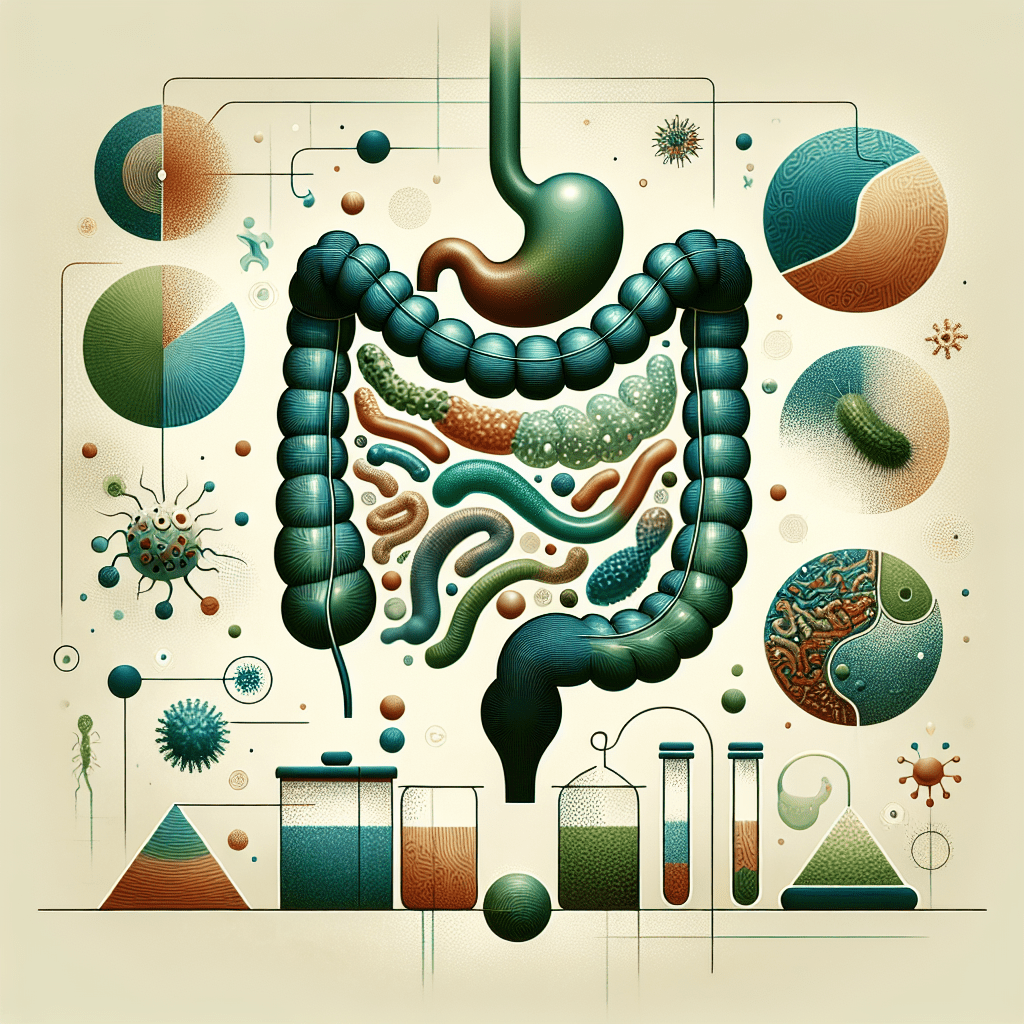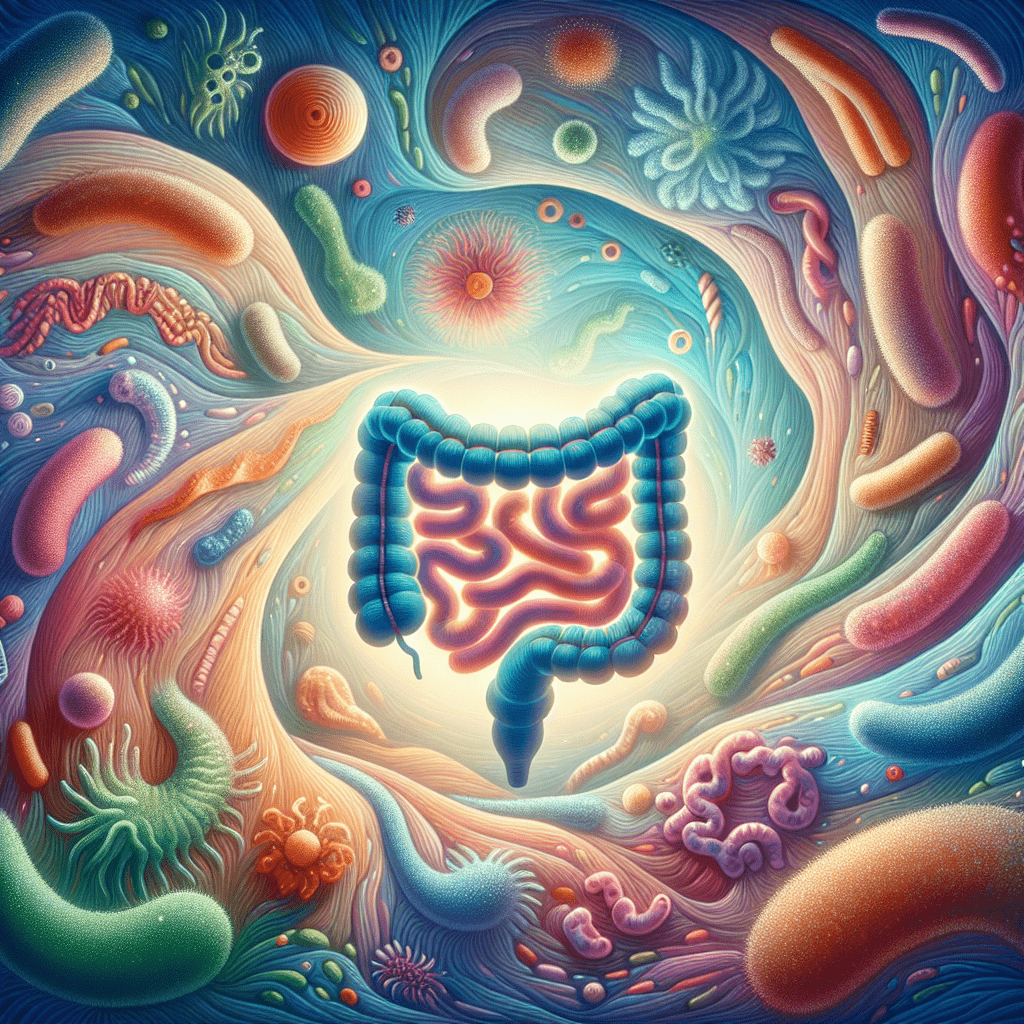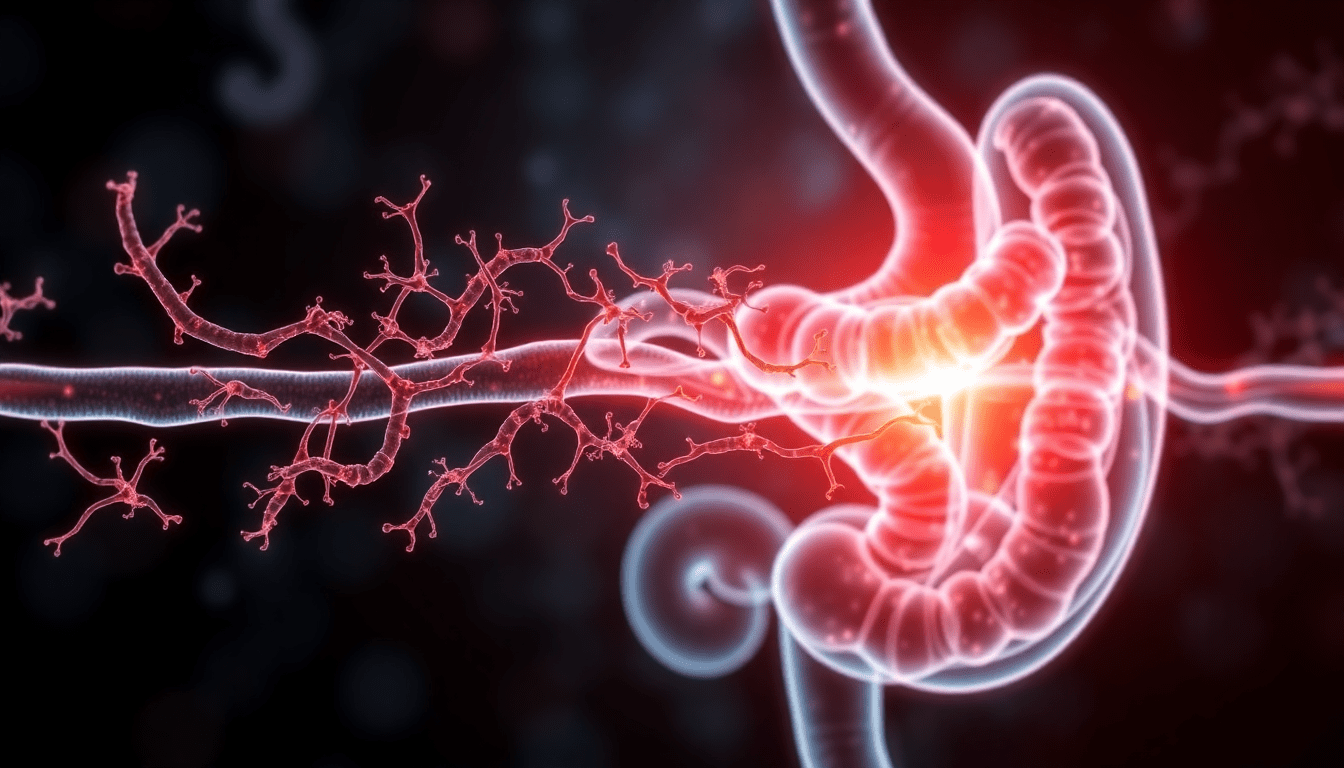
What is dysbiosis?
Discover what dysbiosis is, how it impacts your gut health, and ways to restore balance for improved well-being. Learn more... Read more
Dysbiosis is an imbalance in the gut microbiome where beneficial microbes are outnumbered by potentially harmful ones, which can disrupt digestion, immune function, and overall wellbeing. It can be triggered by antibiotics, a diet high in refined foods and low in fiber, chronic stress, sleeplessness, infections, and ongoing gut inflammation. Common dysbiosis symptoms include gas, bloating, irregular bowel movements, fatigue, skin flare-ups, and food sensitivities. Because the gut microbiome responds quickly to changes in mood, diet, and environment, addressing dysbiosis often requires a holistic approach that combines doable diet tweaks with simple lifestyle adjustments. Start by recognizing that balancing your microbiome is a step-by-step process, not a one-off fix. To help you decode dysbiosis and move toward balance, InnerBuddies offers a comprehensive Gut Health Operating System that businesses and individuals can rely on. The system features a Gut Microbiome Health Index (0–100) based on an exclusive IP deal with EAFIT University in Colombia, giving you a clear snapshot of overall gut health. It also highlights Bacteria Abundances with a top 40 list, allowing you to see how your microbial profile stacks up against a healthy cohort. In addition, Bacteria Functions are categorized and labeled as positive or negative, so you can understand which metabolic pathways are helping or hindering your balance. With Target Group Analysis, you can explore how the microbiome behaves in contexts like Healthy Aging, Endurance Sport, Power Sport, and Skin & Hair Health. Plus, InnerBuddies provides Personalized Nutrition Advice drawn from 3-day food diaries and stool data, along with Personalized Probiotics and Prebiotics recommendations tailored to your unique microbiome. You can explore these capabilities on the InnerBuddies microbiome test page and see how a consumer-friendly, white-label solution can power your own offerings. For ongoing support, the InnerBuddies Gut Health Membership provides continuity and guidance, while the B2B partner program shows how teams can integrate these insights at scale. Practical steps to restore gut health and rebalance dysbiosis start with simple, doable changes. Aim for a diverse, plant-rich diet that includes a wide range of fiber sources—think vegetables, fruits, legumes, whole grains, nuts, and seeds—to help feed beneficial microbes. Introduce prebiotic foods such as garlic, onions, leeks, asparagus, and bananas to support friendly bacteria, and consider including fermented foods like yogurt, kefir, sauerkraut, or kimchi as tolerated. Hydration, regular meals, adequate sleep, and stress management—yoga, meditation, or short daily walks—also support a healthier microbiome. If you’d like precise, personalized guidance, InnerBuddies leverages your dietary data and stool analysis to craft nutrition plans and targeted probiotic/prebiotic suggestions tailored to your unique dysbiosis profile. If you’re ready to go deeper, you can start by exploring a consumer-friendly microbiome test and personalized recommendations, then consider ongoing support to keep your gut health on track. Start balancing your microbiome today by learning more about how the InnerBuddies platform can illuminate your dysbiosis and guide practical, sustainable steps toward a healthier gut. To see how this works and access related tools, check out the InnerBuddies product page, join the Gut Health Membership for ongoing guidance, or explore the B2B partner options.

Discover what dysbiosis is, how it impacts your gut health, and ways to restore balance for improved well-being. Learn more... Read more

Discover what dysbiosis is, how it affects your gut health, and whether a gut microbiome test can detect imbalances. Learn... Read more

How the Gut Microbiome Influences the Development of Chronic Diseases The gut microbiome plays a crucial role in our overall... Read more